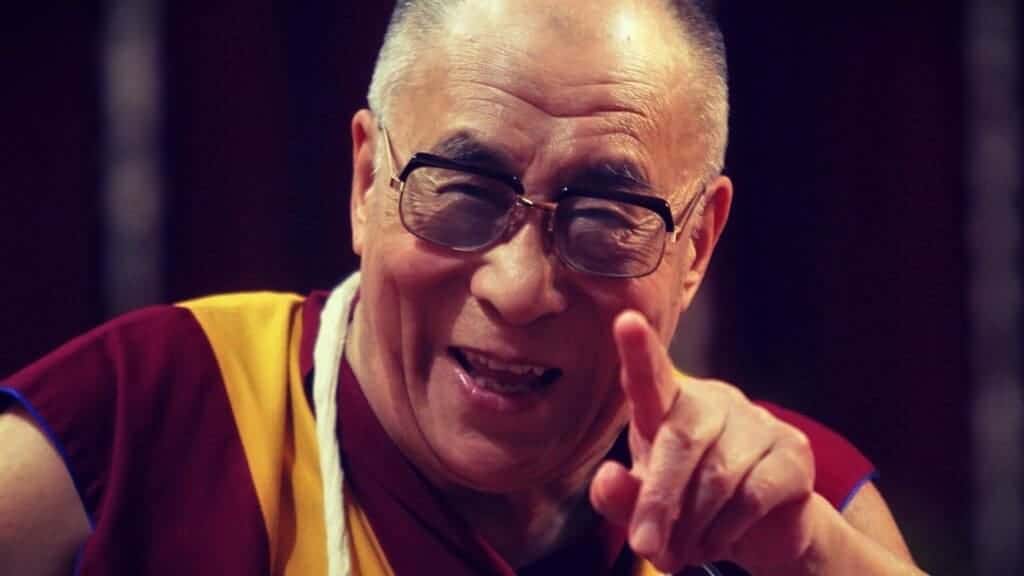In a move sparking controversy, the Chinese government has declared the Dalai Lama’s intent to appoint his successor as illegal. This pronouncement came following the Dalai Lama, a Nobel Peace Prize laureate in 1989 and living in exile since 1959, announcing his plan to select his successor.
China Deems Dalai Lama’s Successor Appointment Illegal
According to Hong Lei, spokesperson for the Chinese Ministry of Foreign Affairs, “The title of Dalai Lama is bestowed by the central government, and any other assignment is illegal.” This stance arises amid a backdrop where the Dalai Lama’s succession is a delicate and politically sensitive matter.
Tradition in Dispute
Traditionally, monks are tasked with identifying a child showing signs of being the last Dalai Lama’s reincarnation. However, the current Dalai Lama has previously contemplated breaking with this tradition, considering the possibility of designating a successor before his death or even through elections.
Hong Lei stated that the Dalai Lama’s reincarnation has always been a process grounded in religious rites and historical conventions, never involving the incumbent Dalai Lama’s choice of successor. This remark underscores the tension between traditional practices and the policies of the Chinese government.
The Panchen Lama: A Parallel Case
In 1995, the Chinese government dismissed the Dalai Lama’s selection of the Panchen Lama’s reincarnation, the second most prominent figure in Tibetan Buddhism.
Instead, China appointed Gyaincain Norbu, who has since been praised by the Chinese government. Conversely, Gedhun Choekyi Nyima, chosen by the Dalai Lama, has not been seen in public since his arrest in 1995.
Protests and Claims
This conflict unfolds amid heightened tensions in the region. Two monks from the Kirti Monastery in southwestern China attempted self-immolation, shouting “Long live the Dalai Lama” before setting themselves on fire, as reported by the London-based NGO Free Tibet.
This act highlights the desperation level and resistance against Chinese policies in Tibet.
The Dalai Lama has called for genuine autonomy for Tibet, but the Chinese government continues to view him as a separatist figure. The situation in Tibet remains a delicate issue for both China and the international community, with the future of the Dalai Lama’s succession being a focal point in this prolonged conflict.





